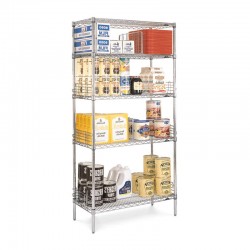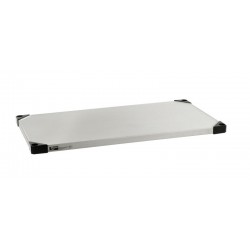Uses and Benefits of Floor and Aisle Marking Paint in the Workplace
Enhancing Safety, Organization, and Efficiency on the Job
Introduction
In modern workplaces—be they warehouses, manufacturing plants, or distribution centers—the importance of safety and organization cannot be overstated. One of the simplest yet most effective tools for achieving these goals is the strategic use of floor and aisle marking paint. This overlooked staple of industrial environments not only clarifies pathways but also plays a critical role in accident prevention and operational efficiency.
Types of Floor Marking Paint
Indoor Floor Marking Paint
Indoor floor marking paint is designed for use on smooth surfaces commonly found inside factories, warehouses, and offices. It is formulated for quick drying, low odor, and high visibility under artificial lighting, making it ideal for marking walkways, aisles, and storage zones within enclosed environments.
Outdoor Floor Marking Paint
Outdoor floor marking paint is engineered to withstand harsh weather conditions, heavy traffic, and exposure to sunlight. Its durable formulation ensures it remains bright and adheres well to surfaces such as concrete, asphalt, and pavement, making it suitable for parking lots, loading docks, and outdoor walkways.
Anti-Slip Floor Marking Paint
Anti-slip floor marking paint incorporates gritty or textured additives to provide traction underfoot, reducing the risk of slips and falls. It is especially beneficial in areas prone to moisture or spills, such as entryways, ramps, and workplaces where safety is paramount.
Common Uses of Floor and Aisle Marking Paint
Defining Walkways and Traffic Lanes
One of the primary applications of marking paint is to clearly delineate pedestrian walkways and vehicle traffic lanes. This helps prevent collisions between workers and moving equipment such as forklifts, reducing the risk of injury.
Identifying Hazardous Areas
Bright, attention-grabbing colors are often used to outline hazardous zones, such as areas around heavy machinery or storage of dangerous substances. These visual cues prompt employees to exercise caution, thereby minimizing workplace accidents.
Organizing Storage and Work Zones
Marking paint is invaluable for outlining storage areas, equipment parking spaces, and work cells. This level of organization promotes efficiency, as staff can quickly locate materials, tools, and designated workspaces.
Coding for Lean and 5S Systems
In facilities that practice Lean Manufacturing or 5S organizational methodologies, color-coded floor markings visually reinforce workplace standards—distinguishing between different materials, workflow types, or safety equipment. This visual management system supports continuous improvement practices.
Benefits of Floor and Aisle Marking Paint
Improved Safety
The most significant benefit of using floor markings is enhanced workplace safety. By reducing ambiguity and providing clear visual instructions, companies can reduce the incidence of trips, falls, and collisions.
Enhanced Efficiency and Productivity
A well-marked facility is an efficient facility. Employees waste less time searching for supplies or navigating through cluttered aisles because every space is defined and traffic flows smoothly.
Regulatory Compliance
Many safety standards and regulations, such as those set by OSHA, require certain areas to be clearly marked. The use of marking paint helps organizations meet these requirements, avoiding costly fines and inspections.
Cost-Effective and Flexible Solution
Compared to constructing physical barriers, floor marking paint is a low-cost, flexible solution. Businesses can update their layouts with minimal downtime and expense, adjusting to new workflows or safety guidelines as needed.
Conclusion
Floor and aisle marking paint is a powerful yet affordable tool for transforming the workplace. By improving safety, streamlining workflow, and helping companies stay compliant, it proves that sometimes the simplest solutions yield

















